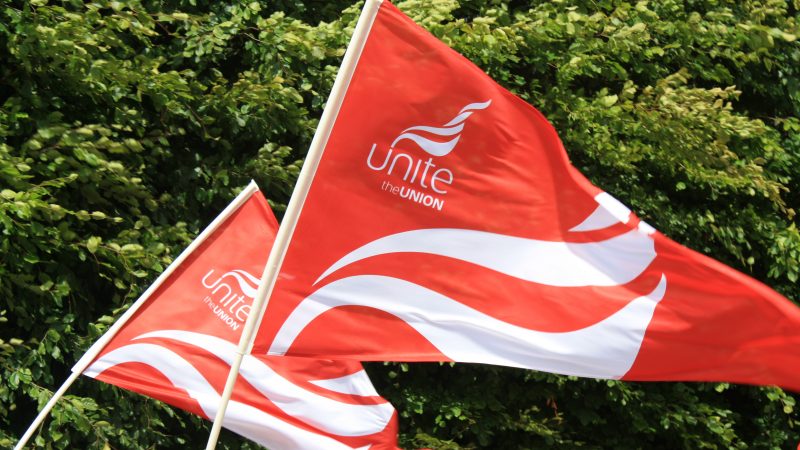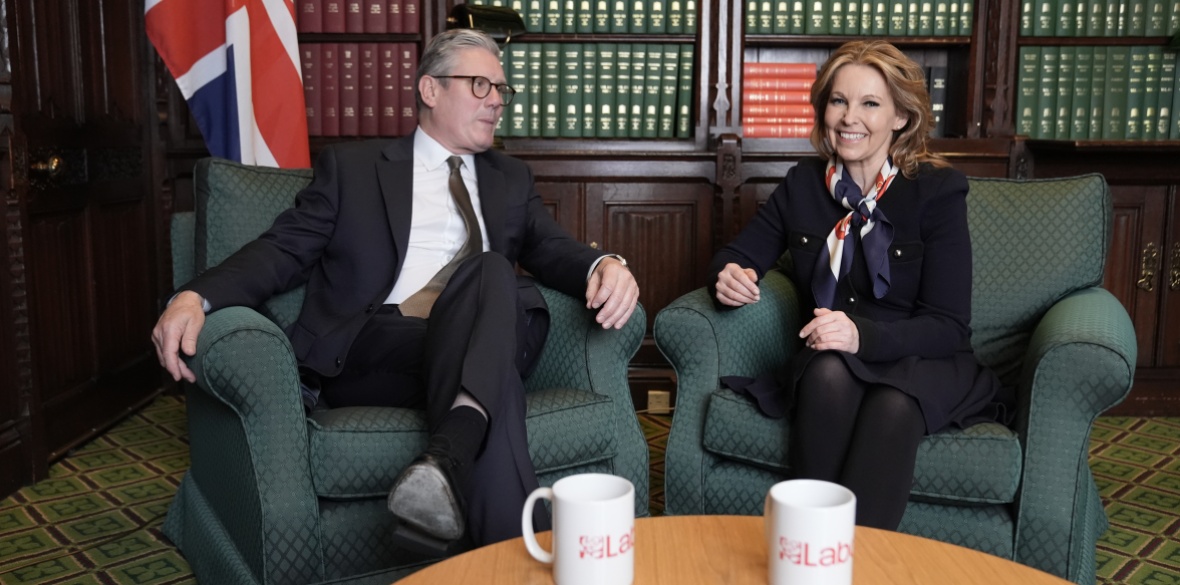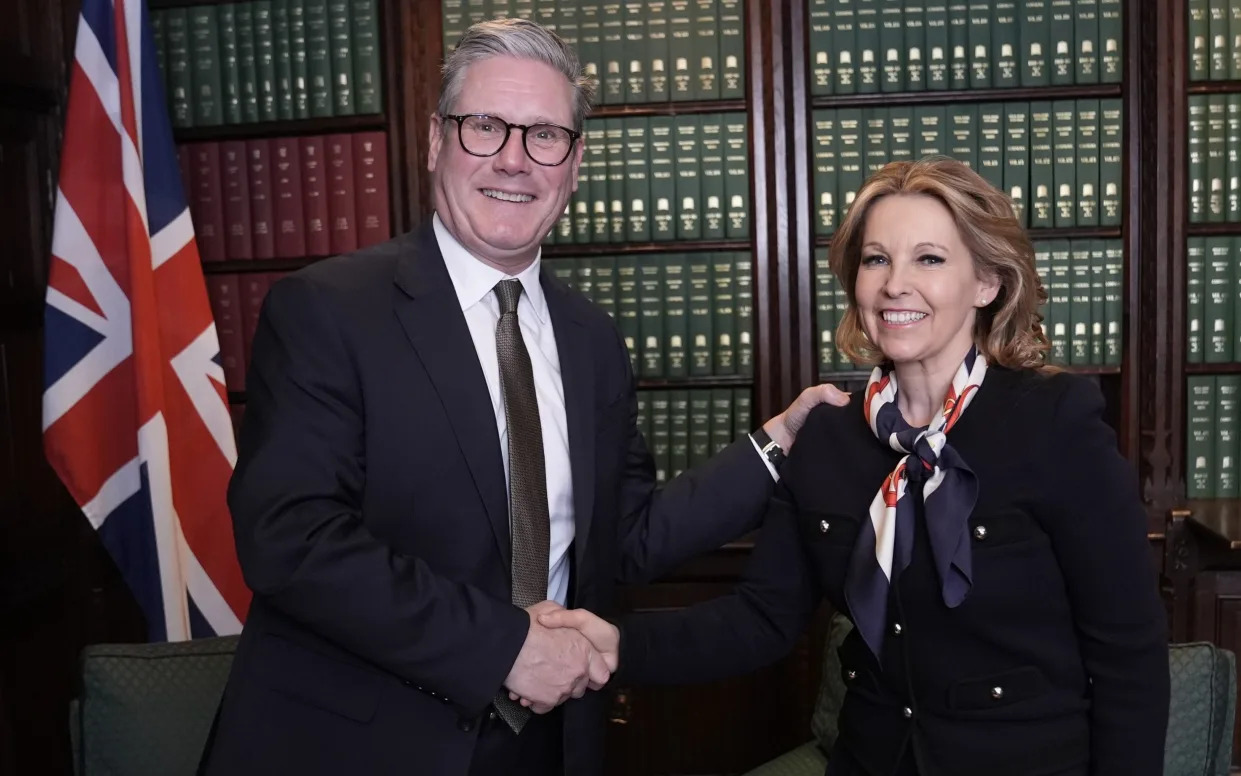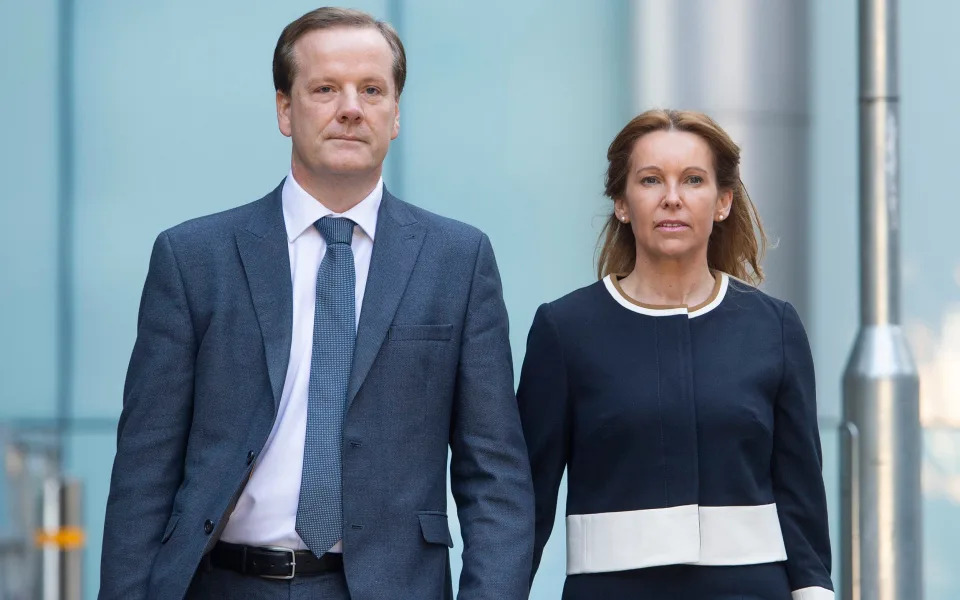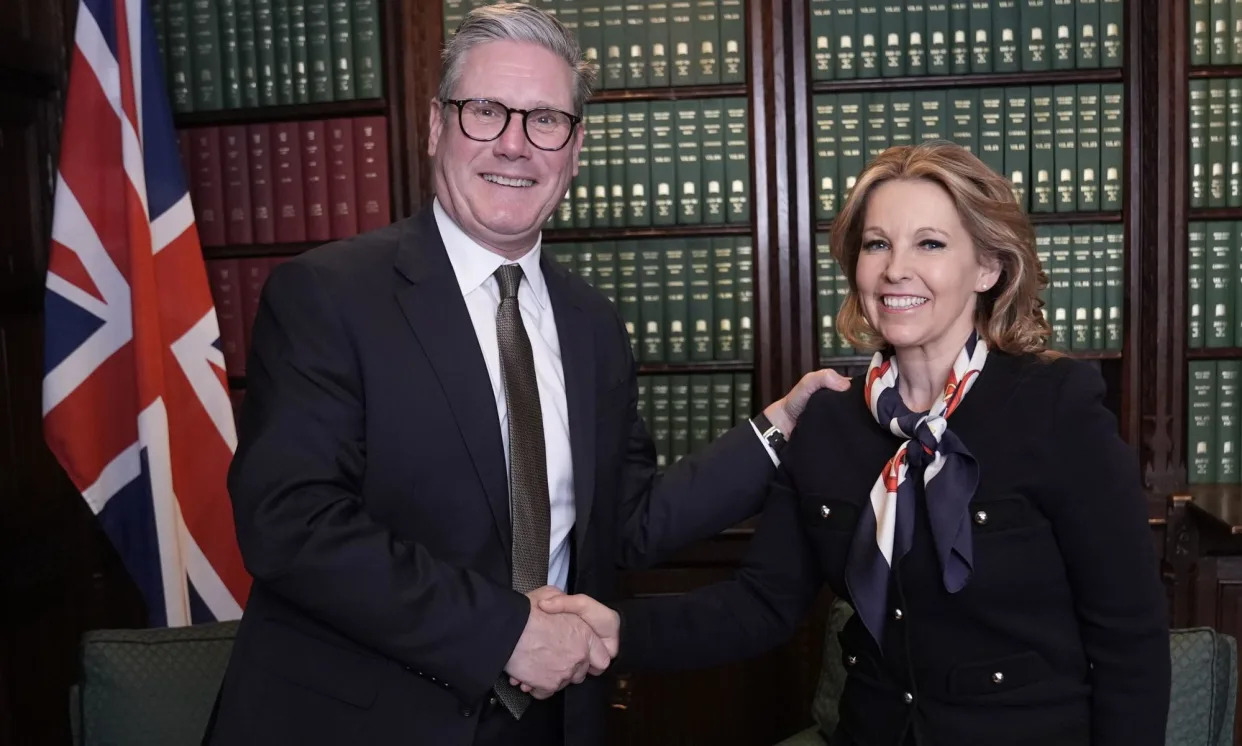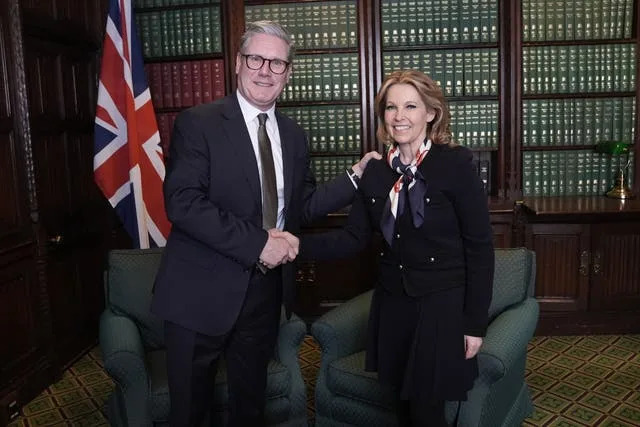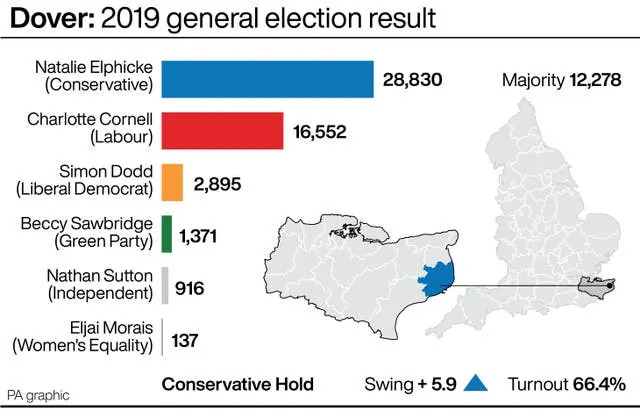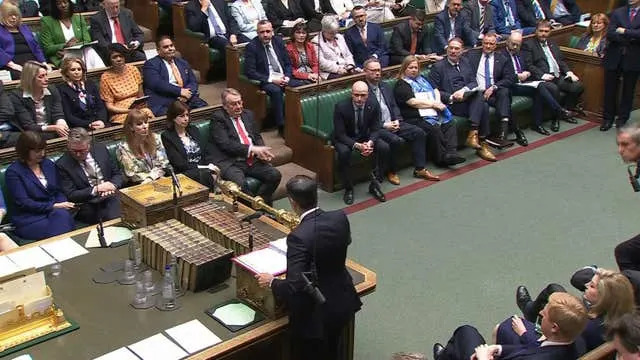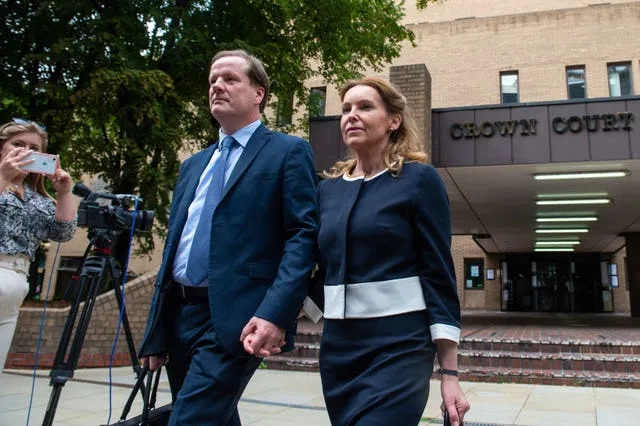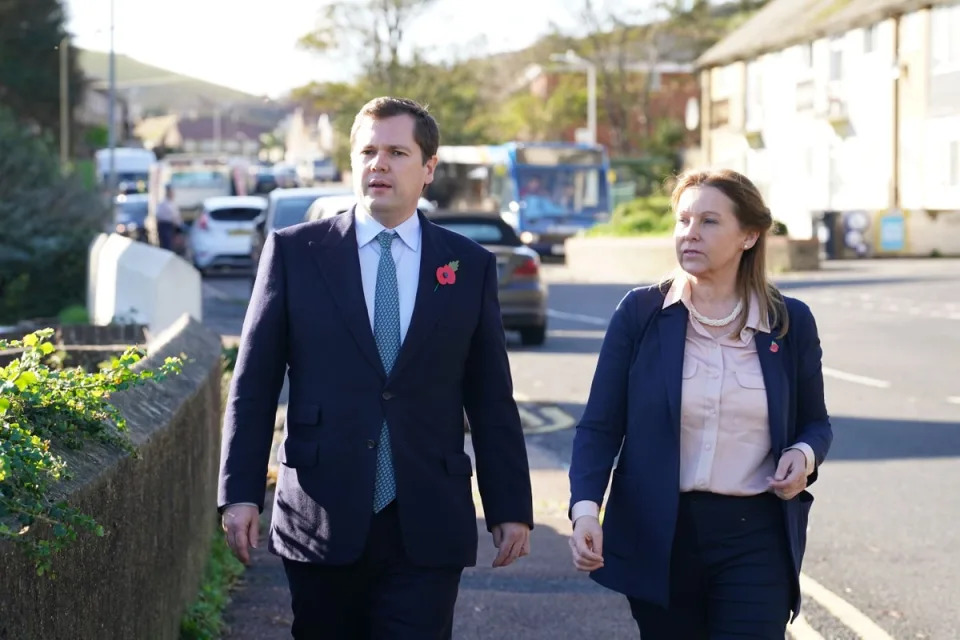Locals signal ‘Blair-style majority’ not hung parliament, new analysis finds

Labour is on course for a “Blair-style majority” following the party’s success at the local elections last week, according to one leading pollster’s analysis of mayoral and police and crime commissioner election results.
Luke Tryl, director of More in Common, dismissed suggestions that the country is heading for a hung parliament at the next general election, after another election expert said council results pointed to a closer race than polls suggest.
Tryl said at a briefing for journalists that while MiC’s best estimates put Labour’s lead closer than some polls that have put the party 25 points ahead, they still remain on course for a majority – on a similar scale to that of 1997.
Their adjusted vote share from the mayoral and Police and Crime Commissioner (PCC) elections, with adjustments for current polling in Scotland, puts Labour on 41% to the Conservatives 29%.
It comes as elections analyst Michael Thrasher suggested that Labour would fall 32 seats short of a majority in the House of Commons after analysing two million votes cast in council elections in England.
Although Tryl suggested that the difference between Labour and Tory support is slightly narrower than polls suggest, he noted that Labour’s vote in the local elections proved to be very efficient, with the party outperforming the national swing in the Northamptonshire PCC race while underperforming in Merseyside. Tryl said that Labour was “doing well in areas where it counts”.
However, Tryl also noted the success of the Green Party in certain areas, particularly in wards that make up the new Bristol Central constituency, being defended by Labour MP and shadow culture secretary Thangam Debbonaire.
MiC’s analysis of the local election result puts Green support in the constituency’s wards at 59% to Labour’s 30%. Green gains, he said, had come as a result of Labour’s realignment to the right, noting that as Labour have captured more Tory areas, they have lost ground to the Greens.
While Tryl said that some Green voters at a local election would move to Labour at a general election, he said he expects the party to double its number of seats in Parliament and that “the Greens are now the favourites in Bristol Central”.
He also raised the possibility of “Green surprises” in some parts of the country, in particular Sheffield and Hastings, where the party did well in elections last week.
However, he said that the Green Party were “not a major threat” to Labour at a general election, noting they would do better in safe Labour seats.
Discussing the performance of independents who made gains from Labour in areas with higher-than-average Muslim populations, primarily because of the situation in Gaza, Tryl said he found it hard to the issue “tipping the result” at seats in the general election.
He said that, to have a significant impact on Labour’s chances of getting the keys to Number 10, Muslim support for Labour would have to be down from around 70% to 30% at the time voters go to the polls.
Polling by JL Partners in the spring put Labour support among Muslim voters at 61%, down around nine percent on the 2019 general election.
